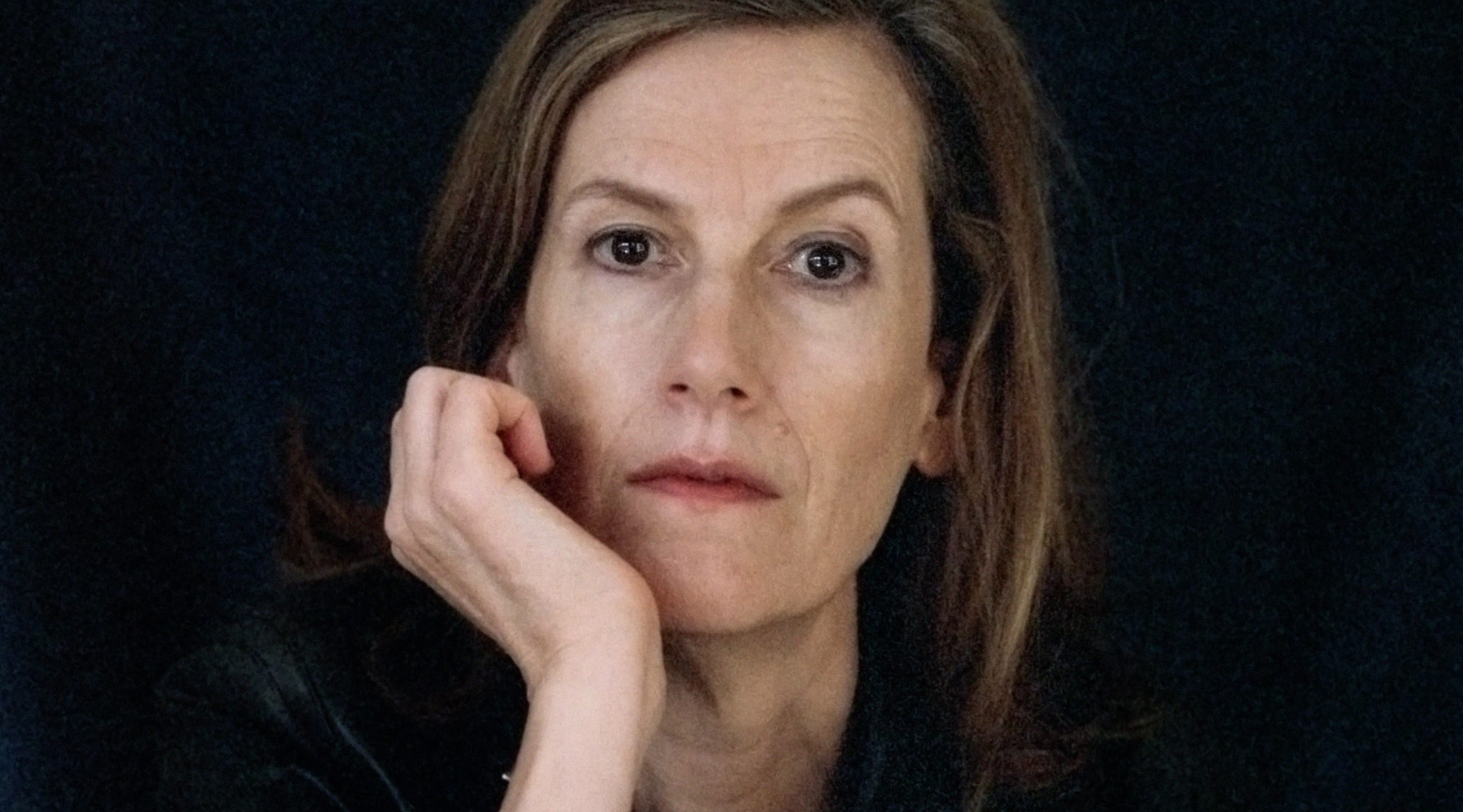Joanna Hogg Revisits Her Past Selves
It may have taken nearly two decades after graduating from England’s National Film and Television School for Joanna Hogg to emerge as a feature filmmaker, but it was worth the wait. After making her thesis film, Caprice (starring a then-unknown Tilda Swinton), in 1986, the writer-director spent many years honing her craft by directing music videos and television. It was not until 2007’s Unrelated, an intimate portrait of a fortysomething woman who finds herself distracted while on holiday with her friend’s family, that Hogg’s spirit as a filmmaker was fully reawakened.
Hogg followed up that debut with her remarkably assured second and third features, Archipelago (2010) and Exhibition (2013), which expanded on her thematic obsessions: family dynamics, artistic vocation, strained romantic relationships, emotional attachments to place. She brings these subjects to life with an immediacy fostered by the naturalistic performances of her actors, who work not with a traditional script but with a document of photographs and snatches of dialogue that offers a psychological roadmap of the story.
Although all of Hogg’s films have drawn from her own biography, her latest, The Souvenir, is by far her most personal excavation yet, reopening the wounds of her past as a young film student trying to balance her creative ambition and the emotional demands of an all-consuming romance. I saw the film back in February at the Berlinale and haven’t stopped thinking about it since. So when Hogg stopped by New York last week, I couldn’t wait to ask her about how the young woman she was has informed the artist she’s become. During her visit to Criterion, we talked about where her love of movies began, the traveling film collective she cofounded in 2011 with filmmaker Adam Roberts, and how making The Souvenir has brought her back to her cinematic roots.



